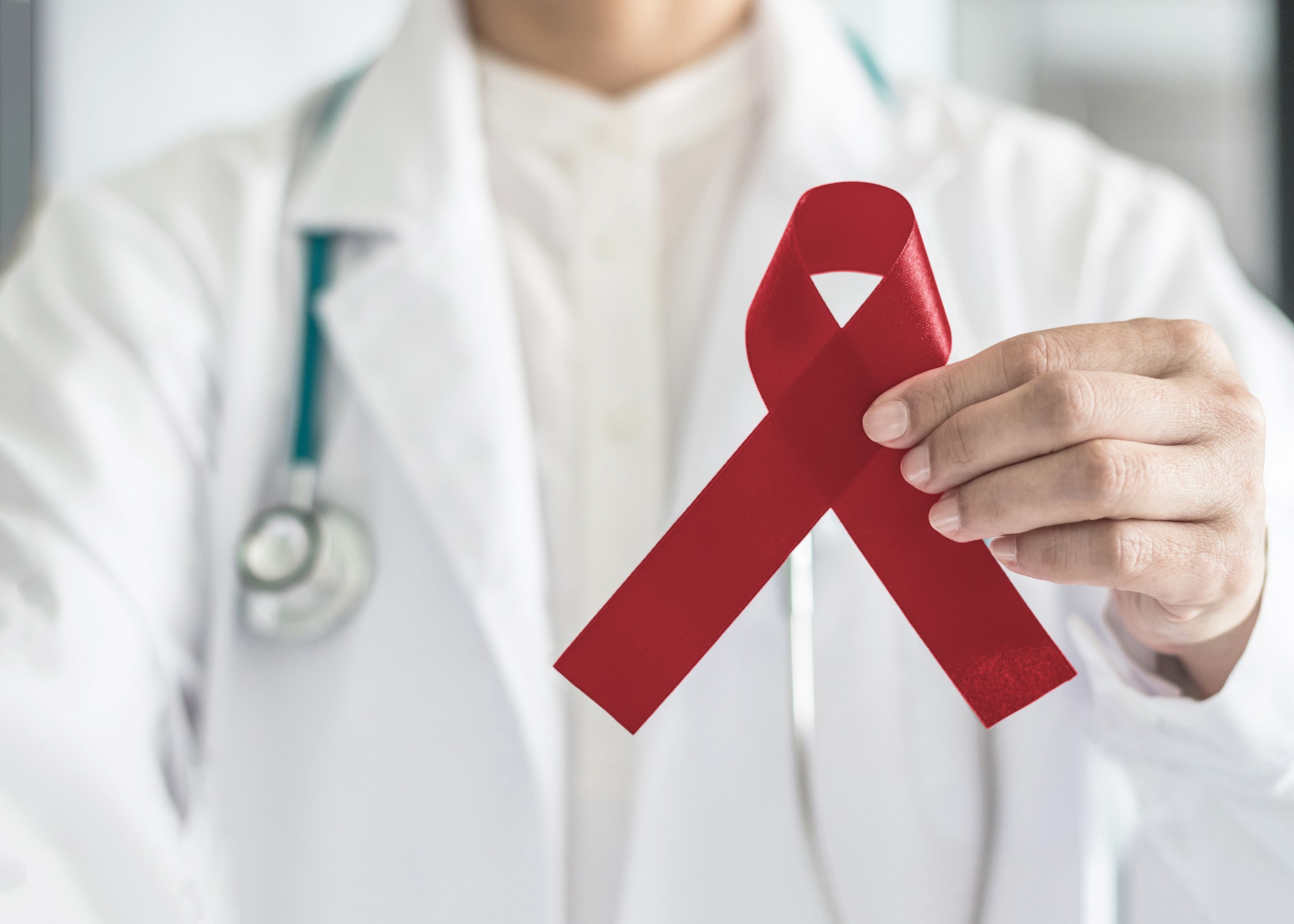Video
Emerging Treatment Pathways For Management of HR+/HER2- Breast Cancer
The panel explore emerging treatment pathways in HR+/HER2- breast cancer and the impacts on care management and patient outcomes.
Ryan Haumschild, PharmD, MS, MBA: Dr Dent, we’ve talked a lot about alpelisib and the great benefits it provides. What are some other treatments that can be used in this pathway? What are other therapies that you feel are emerging for this unique patient population?
Susan Faye Dent, MD, FRCPC, FICQS: Certainly, there’s work. We talked a little before about the ESR1 mutations and therefore SERDs [selective estrogen receptor downregulators] and SERMs [selective estrogen receptor modulators]. There are many drugs being investigated, and EMERALD was the first study to report out showing the potential benefit of a SERD. There are AKT inhibitors. There’s a lot of work going on with AKT inhibitors with a fulvestrant backbone to see if that might improve patients’ clinical outcomes. There have been some preliminary data with drugs, such as ipatasertib and fulvestrant, to indicate that might be efficacious, but it’s still early.
Then there are aurora kinase inhibitors, which is another class of drugs. The TBCRC [Translational Breast Cancer Research Consortium] did a study with an aurora kinase inhibitor with fulvestrant, which unfortunately was negative. We’re continuing to explore other options, including HDAC inhibitors. There are a number of other compounds coming down the pipeline. They aren’t quite ready for prime time, but they’re going to be looking at patients and the efficacy of these in the third- or fourth-line setting.
It’s hard to believe we’re even talking about that at this point in time. Wouldn’t it be great if we could build on the great overall survival benefits we’re seeing with even CDK4/6 inhibitors in the first-line setting? We’re pushing the envelope so that patients are surviving on therapy for 5 years, and we still have more to offer them. As these trials emerge, we’re going to be seeing this become more of a chronic disease, and we’ll be trying to figure out the sequencing for each patient. That’s going to be the challenge for us. What’s the best sequencing of the drugs? How do we manage the toxicities?
Heather N. Moore, PharmD, BCOP, CPP: Along those same lines, more targeted PI3 kinase inhibitors are also being looked at. We know that with alpelisib, because of the 110-⍺ subunit and glucose regulation, we see hyperglycemia, but there are ongoing clinical trials looking at other PI3 kinase inhibitors that maybe don’t have that toxicity. As Dr Dent mentioned, they’re looking at efficacy but also minimizing toxicity.
Another study that will be looked at will be the FAKTION study, which will also be shown at ASCO [American Society of Clinical Oncology Annual Meeting], looking at capivasertib, another AKT inhibitor that might be helpful. We’re constantly seeing new data being presented and new therapies. How do we sequence them? How do we utilize them? What’s the best way to integrate that within clinical practice?
Susan Faye Dent, MD, FRCPC, FICQS: Pushing the envelope, what’s the role of antibody-drug conjugates in endocrine-sensitive HER2-low patients? We’re going to see some exciting data at ASCO looking at the role of antibody-drug conjugates in this patient population. There’s much more coming, which is fantastic news for patients.
Ryan Haumschild, PharmD, MS, MBA: It’s an exciting time to be treating patients with breast cancer. I think of it akin to multiple myeloma, where it’s a plasma cell disease and patients are always going to progress, but you want to treat it like a chronic disease. That’s what you’re doing by leveraging clinical trials and these innovative treatments and keeping patients’ toxicities managed. That offers so much hope for patients. Because when patients with breast cancer show up to our clinic, they ask, “How long do I have to live, and how can I get there?” If we can get them the right therapies and sequence them appropriately, that adds a lot of value in this space.
Susan Faye Dent, MD, FRCPC, FICQS: When I talk to my patients, I tell them, “It’s a journey, and hopefully it’s a long journey. Hopefully we’ll have you on this therapy for a while, but at some point, your disease will progress.” Then what’s the next piece that we’ll go to? What’s the next therapy? And so on. We’re trying to line up those therapies. Obviously when patients come to see us, they say, “It’s a deadly disease,” and they just think, “Breast cancer, metastatic–that’s it, there’s no hope.” It’s instilling in patients that there is hope and that people can do well for a long time.
Transcript edited for clarity.
Newsletter
Stay informed on drug updates, treatment guidelines, and pharmacy practice trends—subscribe to Pharmacy Times for weekly clinical insights.






